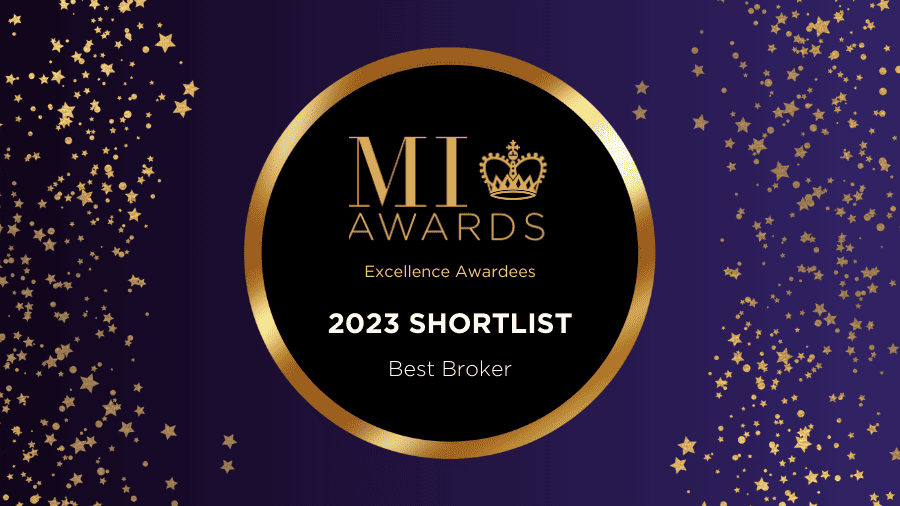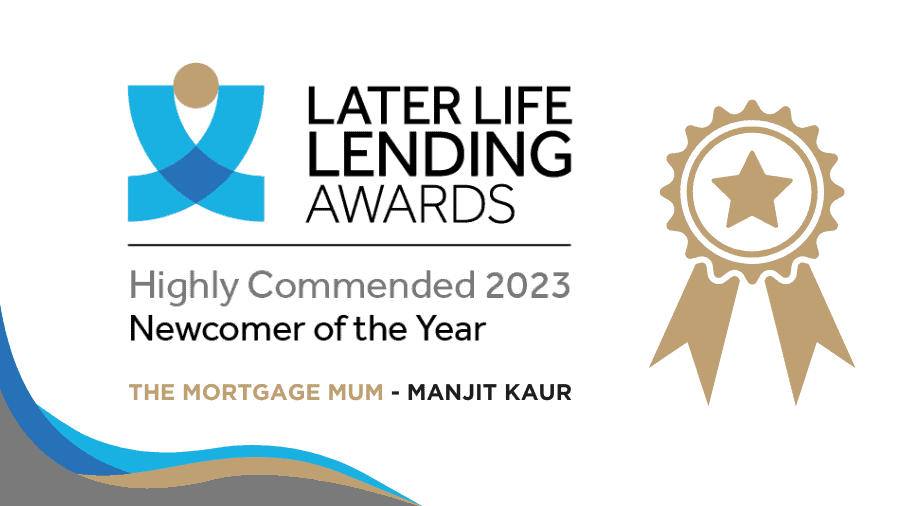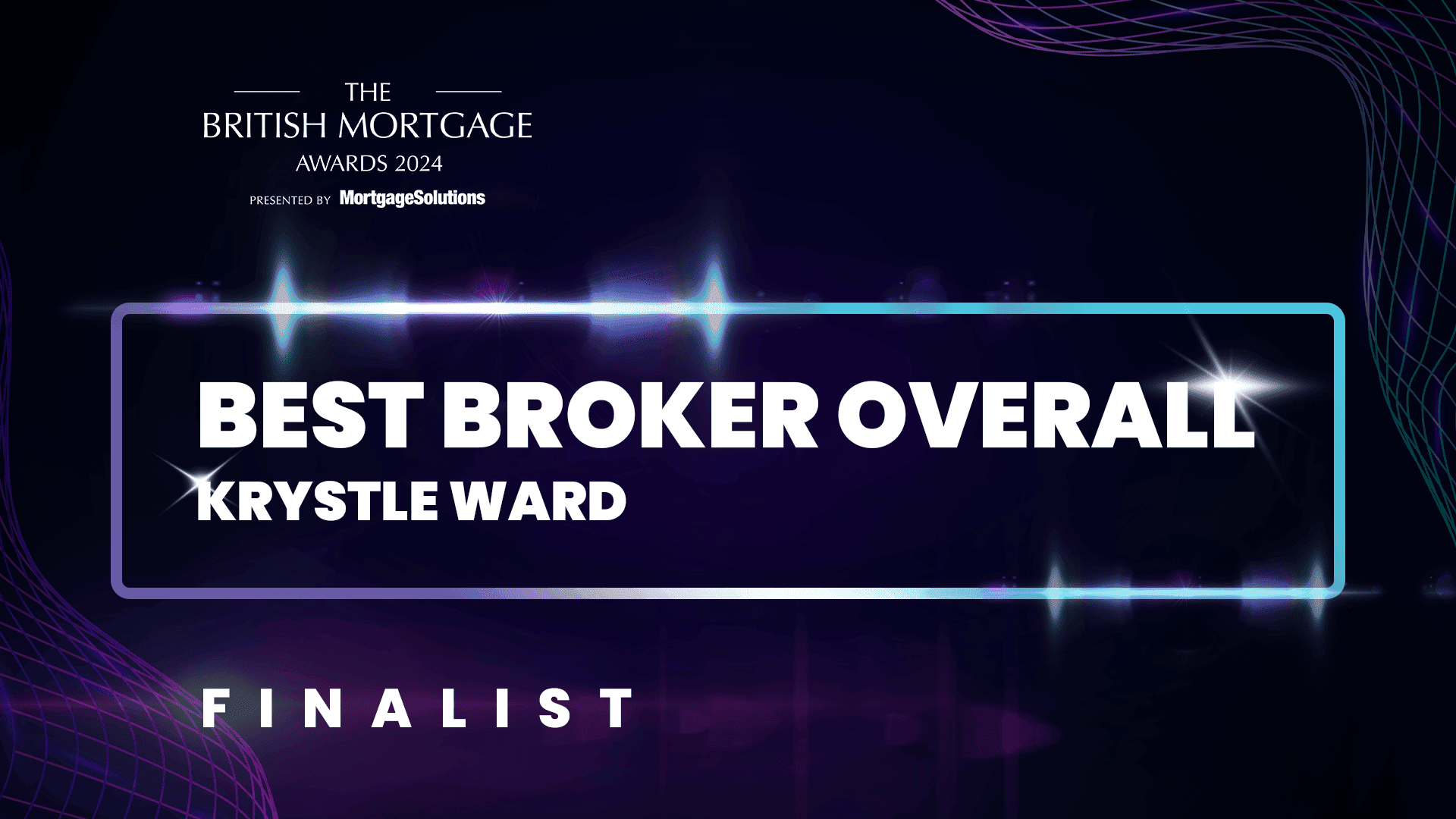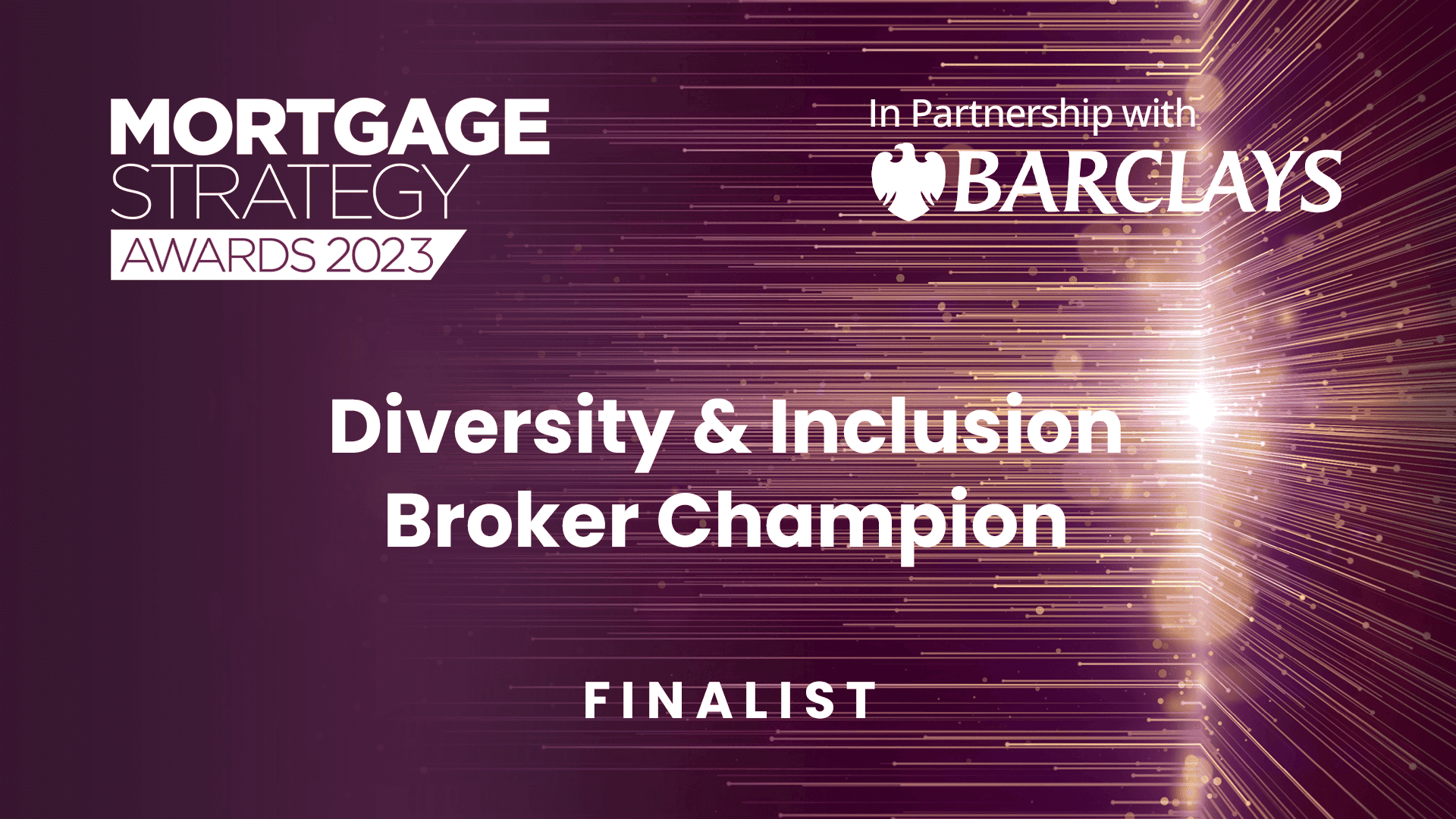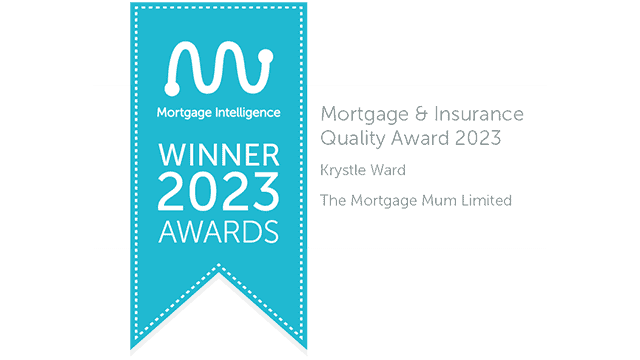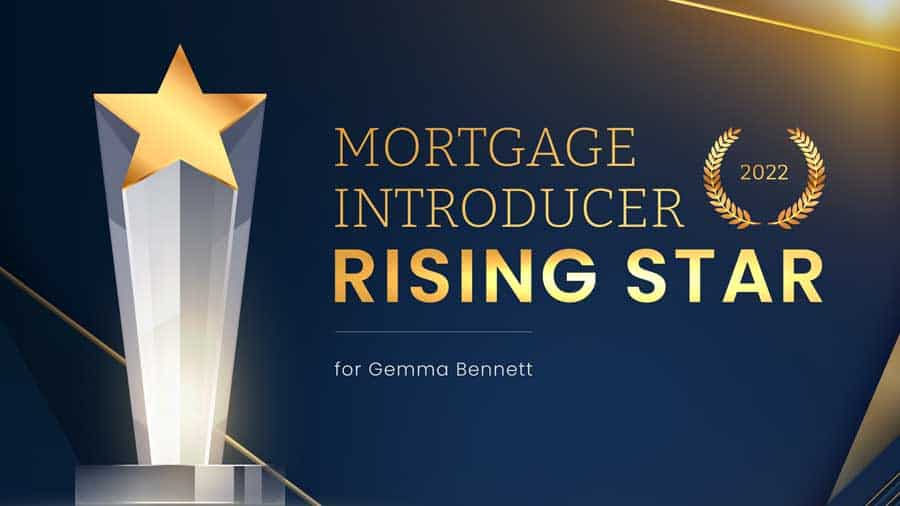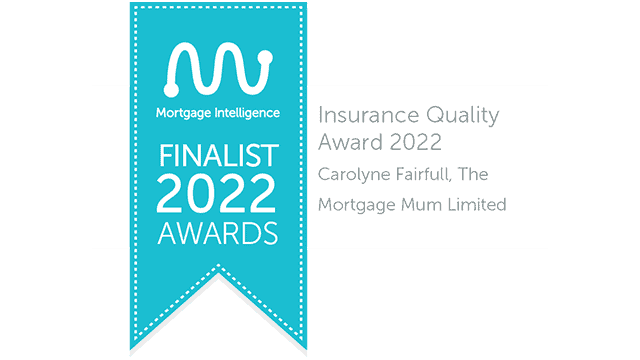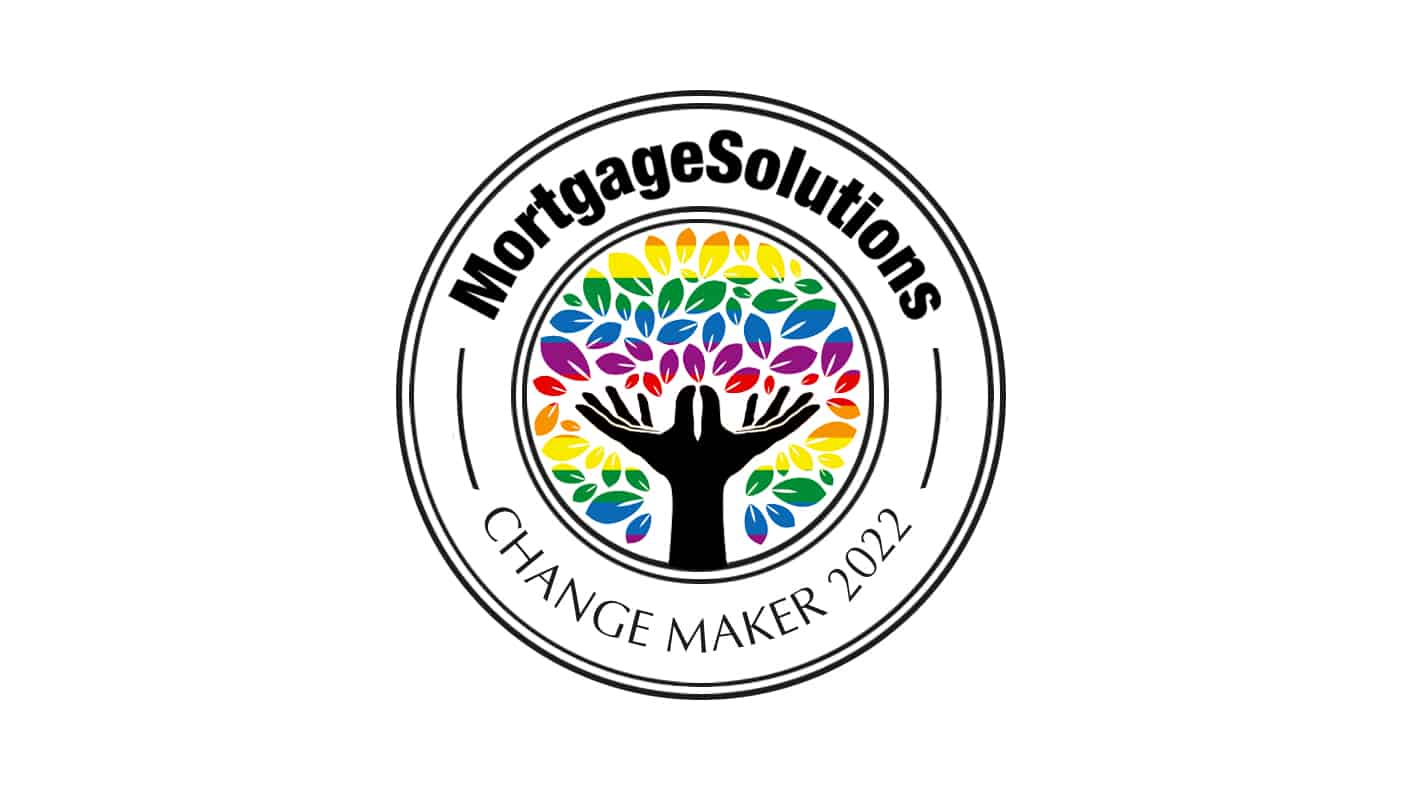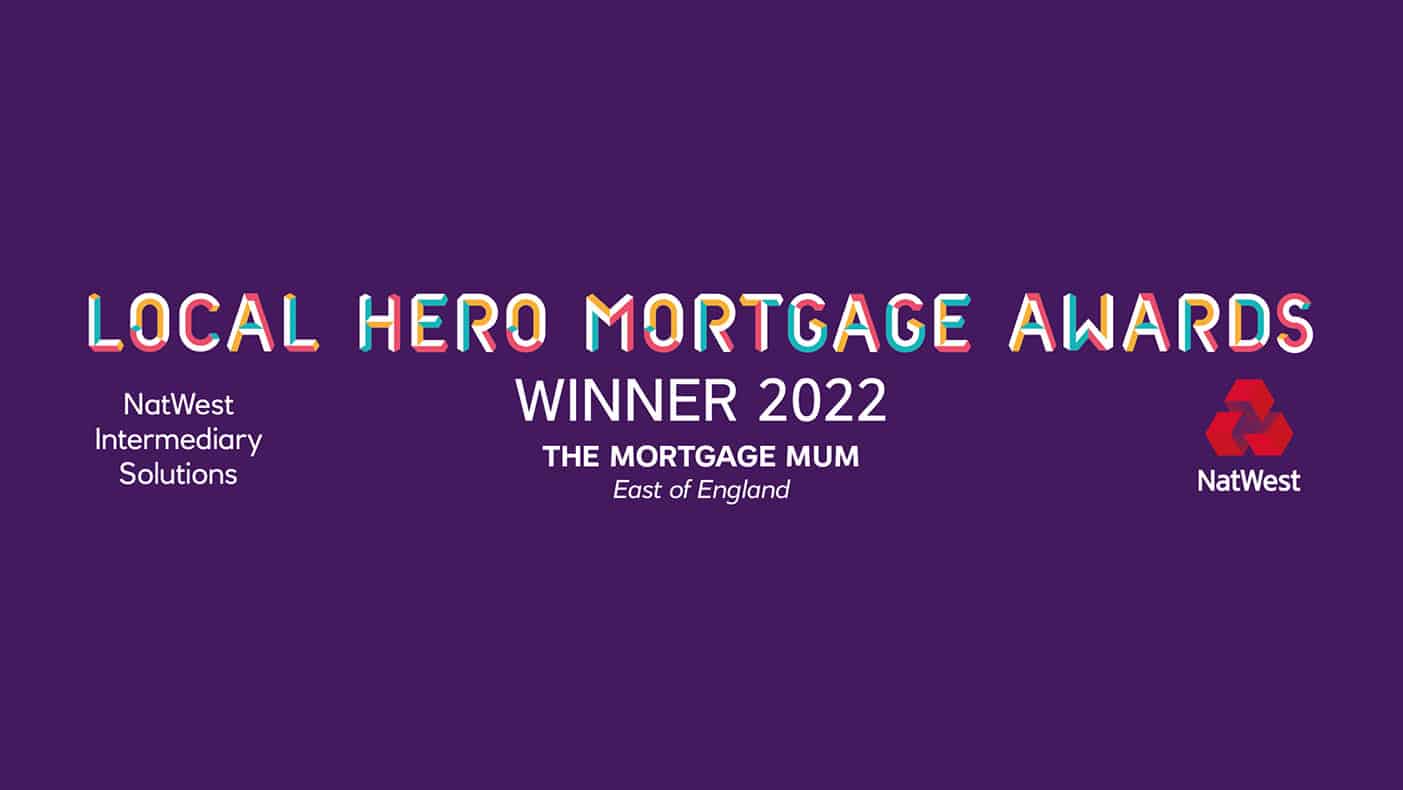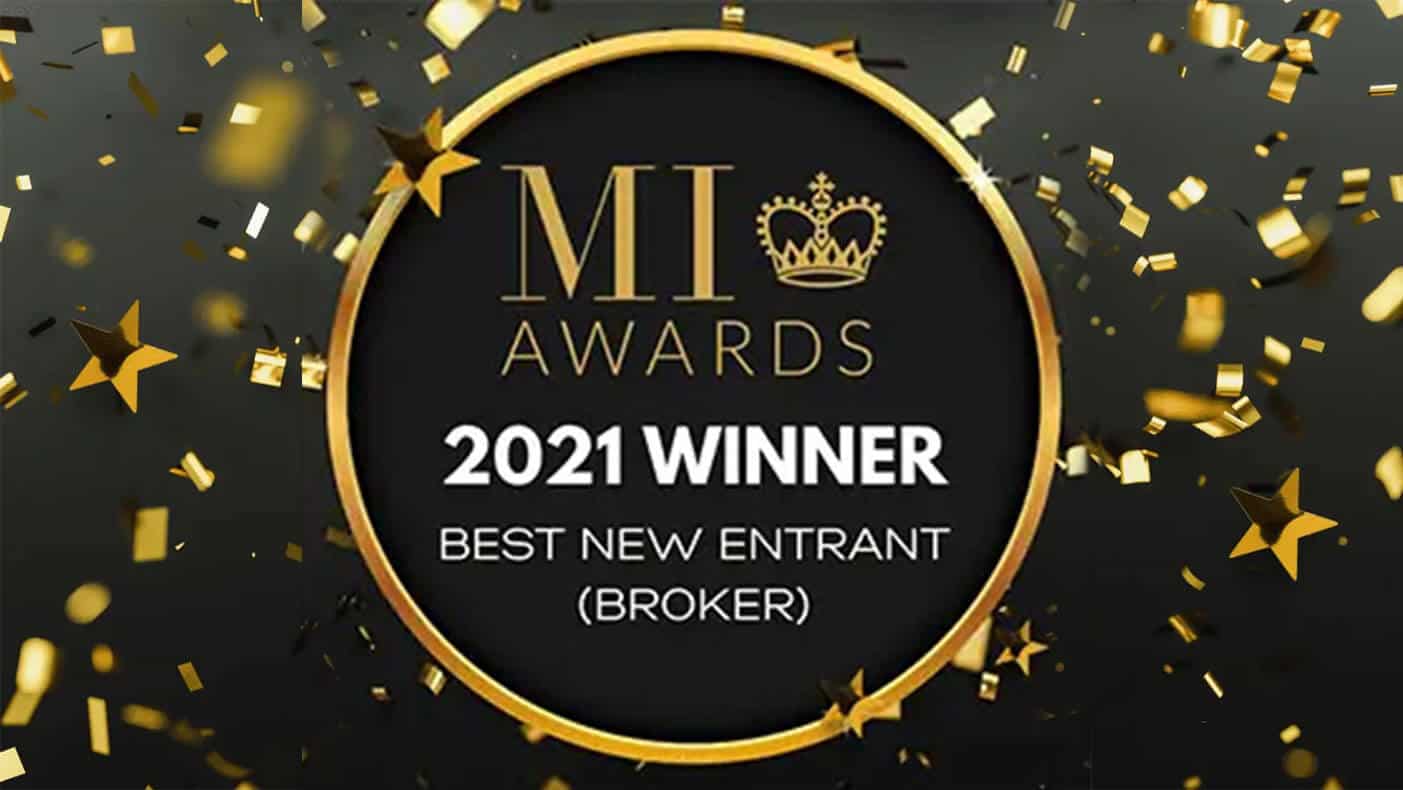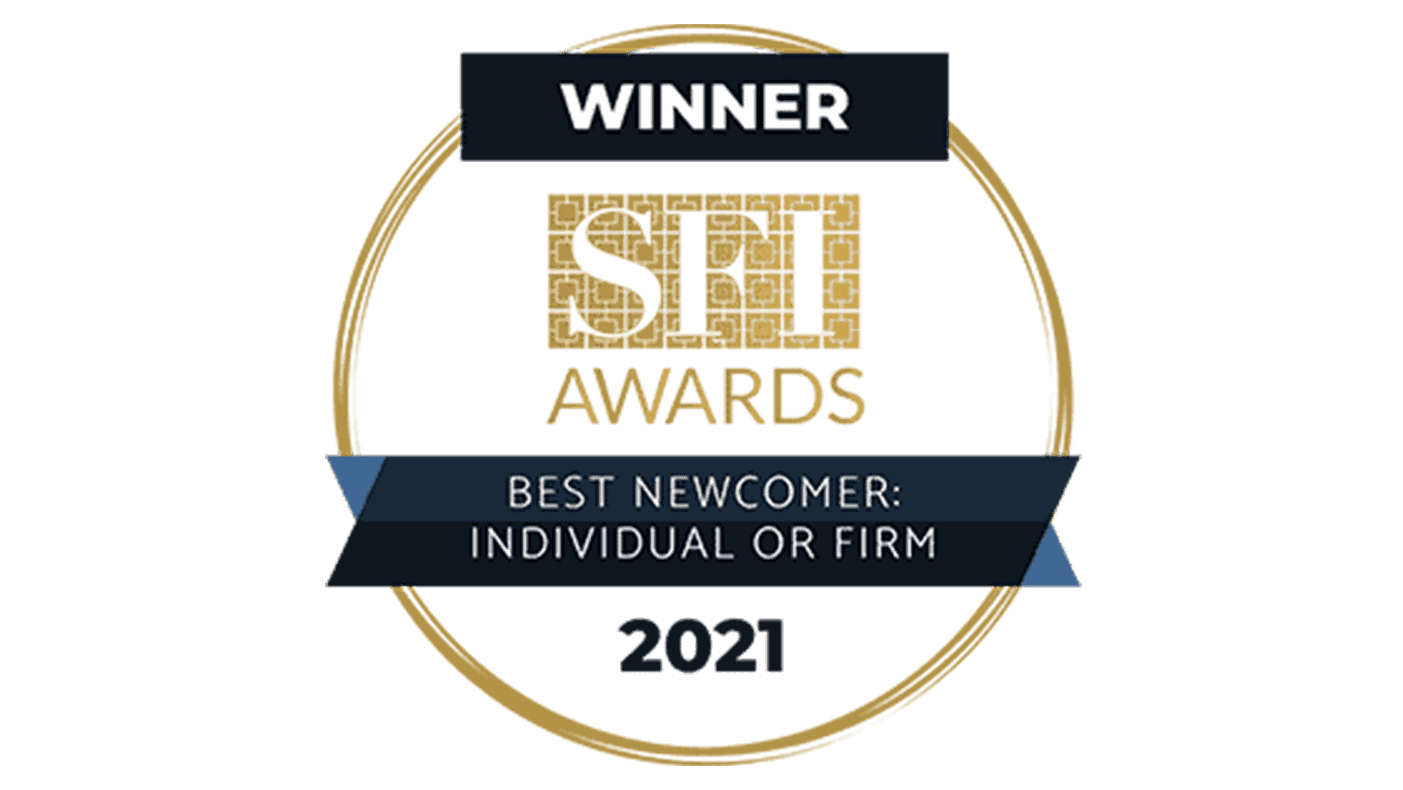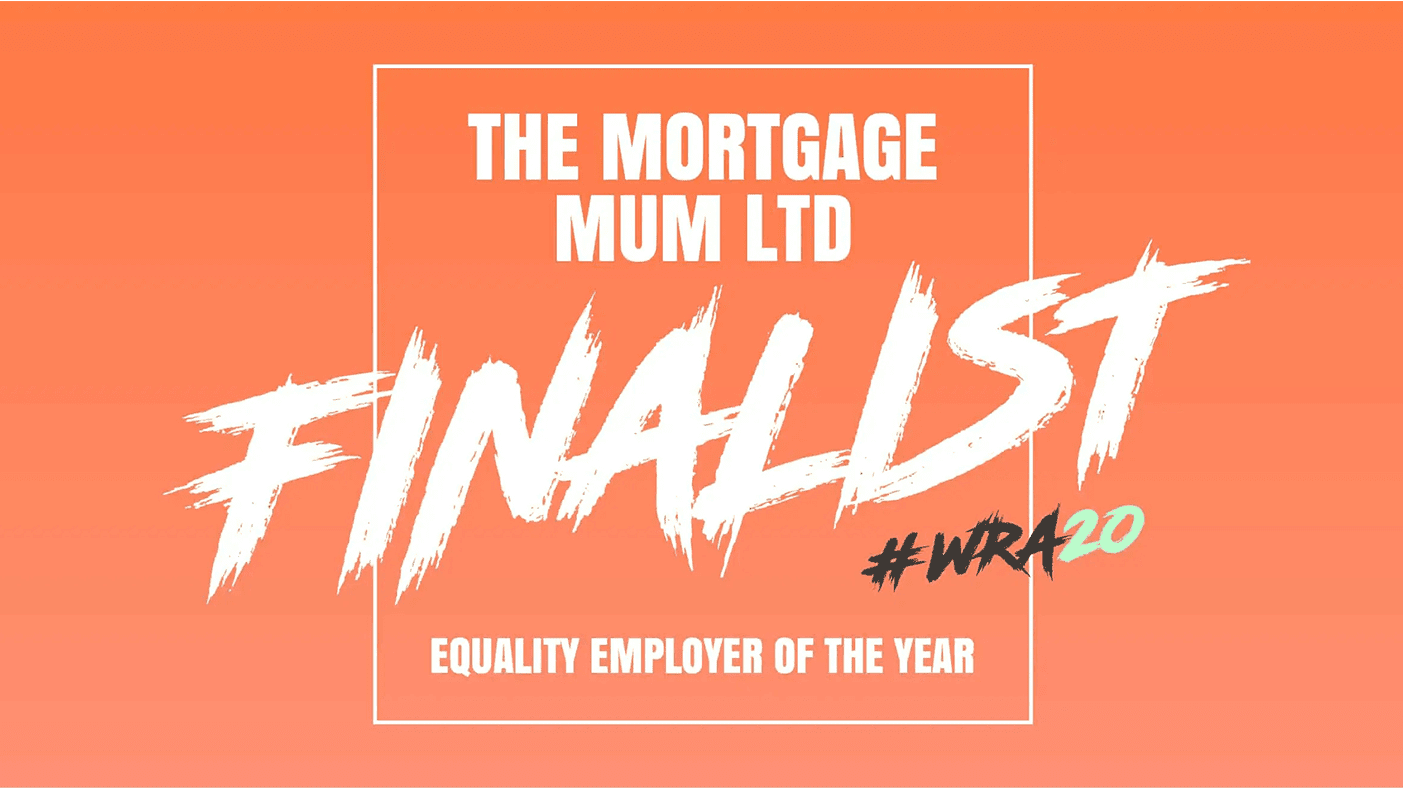Million Pound Mortgage
Hello and welcome to today’s episode of the Mortgage Mum podcast. We’re Kim Balasubramaniam and Katrina Horstead, and we’re both mortgage brokers at the Mortgage Mum.
Today, we’re going to be talking to you about a really interesting topic, which is large loans and mortgages of over £1 million. It’s something that is searched for and enquired about a lot.
We’ll be talking about why you might need one, how to get one and how using an expert broker can really help you manage the process.
Why might somebody need a mortgage or want a mortgage of a million pounds or more?
Obviously, we’re all aware that house prices have gone up considerably over the years. There are now many properties in excess of a million pounds. Typically, you would need at least a 20% deposit, so you’re looking at a minimum property price of around £1.2 million to be needing a mortgage of a million pounds.
Is this just for residential properties, or other scenarios?
It’s not just applicable to residential properties, although that is a big focus. There are also investors with portfolios worth in excess of a million pounds.
Some lenders look at the value of all of those properties collectively, and offer loans based on the whole of the portfolio as opposed to just one property. So it could also be applicable to investors who are looking for larger loans.
What about things like development finance?
That’s something that can need higher value lending, depending on the type of development. Larger loans are there for those circumstances as well. There are very diverse reasons as to why clients come to us looking to borrow more than £1 million.
What’s been your experience of clients coming to you for this kind of borrowing?
Clients are really varied, because it all depends on the person’s income or assets and why they’re needing to borrow. It can attract a wide range of people.
They might be upsizing and need additional funds because their family’s growing – and they’re looking to go on to their forever home. Making that step up is invariably more expensive, and sometimes can take you over the million pound mark.
Perhaps someone is buying a partner out of a property and they need to increase their borrowing. Or they may be extending or doing renovations to the property, ultimately to add value to it. Again this may take them over that £1million marker depending on what they’re looking to do to the property and how much it’s going to cost.
It would also be an option to release some funds from a property if its value is well in excess of the £1.2 million mark.
What are the main affordability requirements for a large mortgage?
Obviously, there are things that we need to take into consideration about both the property and the client. Particularly with large loans, often the income can be quite complex. It may need a slightly different approach from standard borrowing, where the affordability is simply based on income versus expenditure.
Often with these scenarios there are multiple income streams. A client might, for example, have a base income with a large commission structure and a bonus on top of that. That may be an annual bonus, or more regular. We could also look at things like stock options.
I deal with quite a few clients who have complex corporate salaries with a base salary, additional allowances and long-term and short-term stock options – which traditional lenders may not look at so favourably.
A lot of the high street banks now have large loan teams, with specialist underwriters and relationship managers who are very used to dealing with these complex cases. They can look at income in a non-standard way. They can look at these share options, which may be ‘unvested’ – so they’re there in the background, but can’t be drawn on yet – or vested, where the client is able to draw on them if they want to.
Often, clients don’t want to draw on these because it’s financially beneficial to keep them within the company for a longer period of time.
Under the traditional model, which looks at income as the cash coming into your bank, shares wouldn’t be taken into account. Obviously, the client isn’t drawing that into their payslips. That’s where these large loan teams can really help. By looking at income streams in a different way, they will lend against more than a standard underwriter.
Can other assets be used to get a large mortgage loan?
Yes – when you have properties of this size and are dealing with clients of this nature, we’re often looking at other assets. Cars, art or wine, for example, hold value but are not necessarily cash.
Again, these things can be looked at. Lenders can look at investment portfolios and the income they’re generating, or the value of a portfolio as a whole, plus assets, and take a percentage of that towards the borrowing. There’s all sorts of clever ways to make it work.
Because the situations are much more complex, you need a common sense approach and to see things in a different light.
There’s a client that I worked with an income in Swiss francs, for example. It’s something that wouldn’t necessarily be looked at by everybody. It took a lot of research to find the best lender to place them with. But ultimately, they had a really good salary and a good bonus scheme with lots of history. They had restricted stock units; vested and unvested share options within the company.
On paper, it’s a good looking case, but it wouldn’t fit with a standard affordability calculator. It needed a different pair of eyes on it to be able to help.
How was that for the client? Did they know those assets could be used towards the mortgage that they were looking to achieve?
No, they came to it very green. They knew they earned a decent salary. They had found a property they wanted to buy and knew how much they needed to raise. They had decent equity in the property they were selling, but the new home needed a lot of work. They wanted to be able to keep a lot of their equity to fund that work.
The mortgage was much larger than they had thought and to complicate things further it was a listed building. If they had been just purchasing a property ready to move into, they wouldn’t have needed quite such a large loan, because they could have used their existing equity. They knew what they wanted to buy – but not whether that was going to be feasible.
It’s all about how things are presented to a lender. It takes time to fully understand the situation in terms of the income and underlying investments and then explain it to the lender. It would be very tricky for a client to do that directly.
For clients like this, having that person on side fighting their corner is really helpful. It allows them to get on with their day-to-day lives. These are busy people who don’t necessarily have time to chase a lender for a valuation or a Decision in Principle. We’re able to take those pressures away and get a good outcome in the end, through our relationships with lenders and underwriters.
What types of mortgages are there for these large loans? Are they similar to other mortgages?
Ultimately, yes, they are similar. You get all the different options in terms of a fixed rate for a two or a five-year period, or a tracker rate that follows the Bank of England base rate, or a discounted rate and other variable options.
We look at things exactly the same way with the client. We would be discussing their attitude to risk and whether they prefer a fixed rate, or whether they’re a little bit open to risk and happy to ride the waves of base rate changes.
What can differ is the rates. A lender may be offering certain rates for higher loans that might not be the same as on smaller ones. Your broker will talk you through the different rate options.
With a really large loan size, monthly payments are larger, but things like early repayment charges are even more important to get right – because they could be really hefty.
We need to explore your future plans to decide whether you need a product with or without an early repayment charge. If you’re doing renovations on a property where the end value is going to be substantially higher, you might not want to tie in for a long period.
You might want to renegotiate once the work is done, because the new Loan to Value might put you in a better product category, with lower rates.
Is interest-only a helpful option for a large mortgage loan?
You can have an interest only or repayment mortgage, exactly as you can with a standard residential mortgage. Generally, with interest only the Loan to Values are lower, so you would need to have a larger deposit than on a repayment mortgage. That’s because it’s a little bit more risky for the lender.
With a repayment mortgage, you’re paying both the interest and the capital over the period of the mortgage. By the end you will have paid it all off, and the lender knows you can afford each monthly payment.
But with an interest only, they don’t have that same security, and neither do you. If you’re taking out a million-pound mortgage for 20 years, in the end you’re still going to have that million pounds to pay, which is a huge amount of money if you haven’t got a strategy in place. You need to think carefully about those things, and even more so if you’re dealing with loans with this size.
Most lenders want to see an acceptable repayment vehicle alongside the mortgage. It may be that those assets or investments we talked about earlier will mature in a certain period of time.
It may be that you choose interest only to keep the monthly payment lower, but you will overpay the mortgage when you get your annual bonus. Some lenders will allow regular overpayments of 20% per year, for example. One will allow you to make a 50% overpayment over the term.
Are lump sum overpayments more common with large mortgage clients?
These clients often like the flexibility to either overpay regularly or to overpay with lump sums. Those bonuses are not guaranteed – even if you’ve got a really good track record, they’re not necessarily a given. Sometimes clients feel more comfortable with a lower monthly payment, but to have that flexibility to chunk off the mortgage on an annual basis.
There are also clients buying these big houses when they have a family, where their plan is to downsize once the children have flown the nest. They’re not necessarily going to want to be in a huge house with lots of land to maintain when approaching retirement.
So if sale of property is their plan, that’s fine. But interest only carries certain risks, so it’s just really important that the client understands the impact of the decisions they’re making.
It’s another reason why talking things through and getting advice from an expert is really key, to fully understand the implications of what you want to do. Some people have certain expectations. Perhaps their work colleague has done something that sounded appealing, but it might not necessarily be the right option for them.
It may be that in the past they’ve had a much lower mortgage amount and now that they’re looking to increase that substantially. But perhaps the strategy that’s worked for them before may not be the best strategy moving forward. We take a very holistic approach to the situation and the scenario.
What are the key risks with a large mortgage loan?
In the last 18 months, we’ve obviously seen an increase in interest rates, and we all know how much that impacts our monthly costs. With an increased loan, that can really blow your monthly budget out of the water.
A 1% increase on £1 million pound borrowing can be huge. We don’t have a crystal ball, sadly, to predict the future, but we can always make sure people are comfortable with what they’re doing and protecting themselves for the future.
Even if we are able to use all these background elements: bonuses, commissions, investments, assets etc., it’s still important to make sure you can actually afford your mortgage.
With these types of clients, there are lots of other background expenses such as private school fees. Or, if one of your assets is a boat, for example, mooring and storage fees can be substantial.
It may be that on looking at your assets a lender would grant you a mortgage, but it’s still vital you can afford it. If rates do go up, with that level of borrowing the impact is going to be much, much greater than with a smaller mortgage. It’s also important to make sure that these mortgages are really well protected, because if anything were to happen, it’s a huge expense to cover.
If anything were to happen to your income or ultimately, if you were to pass away, it’s a major thing for your dependents to manage. So protection premiums must be factored into affordability as well.
Are there other costs that need to be considered?
For me, these properties are always really interesting. I love property and interiors and these beautiful buildings, both old and new. It’s part of what I love about my job, that I get to see these gorgeous places.
But by their nature, a big property requires a lot of upkeep and expenses from gardeners to cleaners. If somebody is making the jump from quite a standard home to a big listed building on a really large plot, it’s really important to consider all the additional costs.
It can be so tempting to focus on how amazing it’s going to be, without thinking about how much your gas, electricity, cleaning costs, council tax and everything else is going to increase.
You need to make sure that your income does ultimately support all of those expenses. If it does, brilliant. There’s no reason why you can’t make the leap. I don’t know anyone that’s regretted making it.
People just get used to the level of expenditure. Ultimately, your forever home is somewhere that’s really special.
Can a large mortgage be a good way to invest for the future?
These places are for families to grow up in, but they can also be a really wise investment and a really good way to use your income and your assets.
It can be a great potential pension for later years. If it is your intention to maybe downsize, you’d hope that property prices would increase a fair bit over the time and aid your retirement. That’s an amazing position to be in, to use your home as your pension.
That’s definitely not the case for everyone, and it’s never one size fits all. That’s key to the whole process – looking at the scenario, the needs and lifestyle. It doesn’t just stop at the mortgage.
It’s what that new home encompasses. You might be relocating to the South Coast or somewhere to indulge your hobbies – like buying a boat, for example.
What are the top three ways that a broker can help these types of clients?
Firstly, it’s knowledge. We know which lenders are potentially the ones to work with. The relationships that we hold with lenders are invaluable – we have a good level of communication.
We’re acting on behalf of our clients, and we’re in your corner. We want things to work out as much as you do. We’ll make sure everything’s seamless and take the stress out of the whole thing. Let’s face it, moving home is one of the most stressful things in life. Our expertise means we know what’s going to be the right approach, how to present a case like this and get the best outcome for the client.
As we’ve touched on, there are so many different types of income and assets. and it might not be obvious to a client that these can be used. Our knowledge and expertise means we can delve deeper and use these things to your benefit.
Does every lender offer these types of loans or do you have to go to a very specialist lender?
Some big high street lenders do offer loans in excess of £1 million, and there are also private banks we can use. Again, we’ve got those relationships, so if it doesn’t seem like your scenario would fit with a traditional high street lender, we’ve got alternatives to go to.
They might look at things slightly differently. It all boils down to different criteria with different lenders. We understand who can look at what, how they view things and what types of affordability calculations they use.
Placing a case with the right lender is the most important thing – you’re not wasting time trying to work with a bank that’s just not going to be able to do it for whatever reason.
YOUR HOME MAY BE REPOSSESSED IF YOU DO NOT KEEP UP REPAYMENTS ON YOUR MORTGAGE.
























